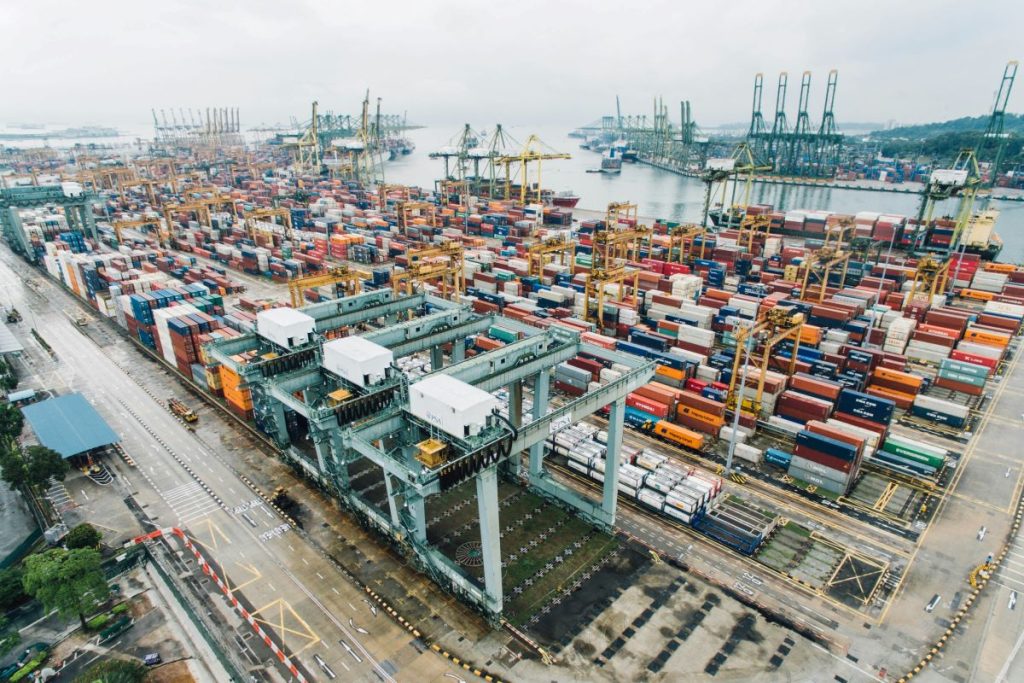Canada’s Labor Minister, Steven MacKinnon, has ordered an end to ongoing labor disputes at key Canadian ports, citing the significant impact on the nation’s supply chains and the need for stability amidst economic uncertainty. Rail Strike on the Horizon
Impacts on Supply Chains and Economic Stability
In a statement released on November 12, MacKinnon expressed concern over the prolonged labor disputes at the Port of Montreal, British Columbia container terminals, and the Port of Quebec. He emphasized that while the responsibility for negotiations lies with the parties involved, the consequences of these disputes are being felt by all Canadians.
The labor disputes have caused significant disruptions to Canada’s supply chains. Dockworkers at the Port of Montreal went on strike on October 31, while the British Columbia Maritime Employers Association imposed a lockout at the Ports of Vancouver and Prince Rupert on November 4. The Port of Quebec has been dealing with a labor dispute for over two years. MacKinnon has ordered full resumption of operations at all ports and directed the Industrial Relations Board to impose binding arbitration on all parties. Combatting Labor Shortages in Supply Chain and Logistics
MacKinnon’s intervention underscores the critical role of labor stability in maintaining supply chain operations. As the disputes continue, the question remains: how will this directive impact future labor negotiations and the overall health of Canada’s supply chain industry?







